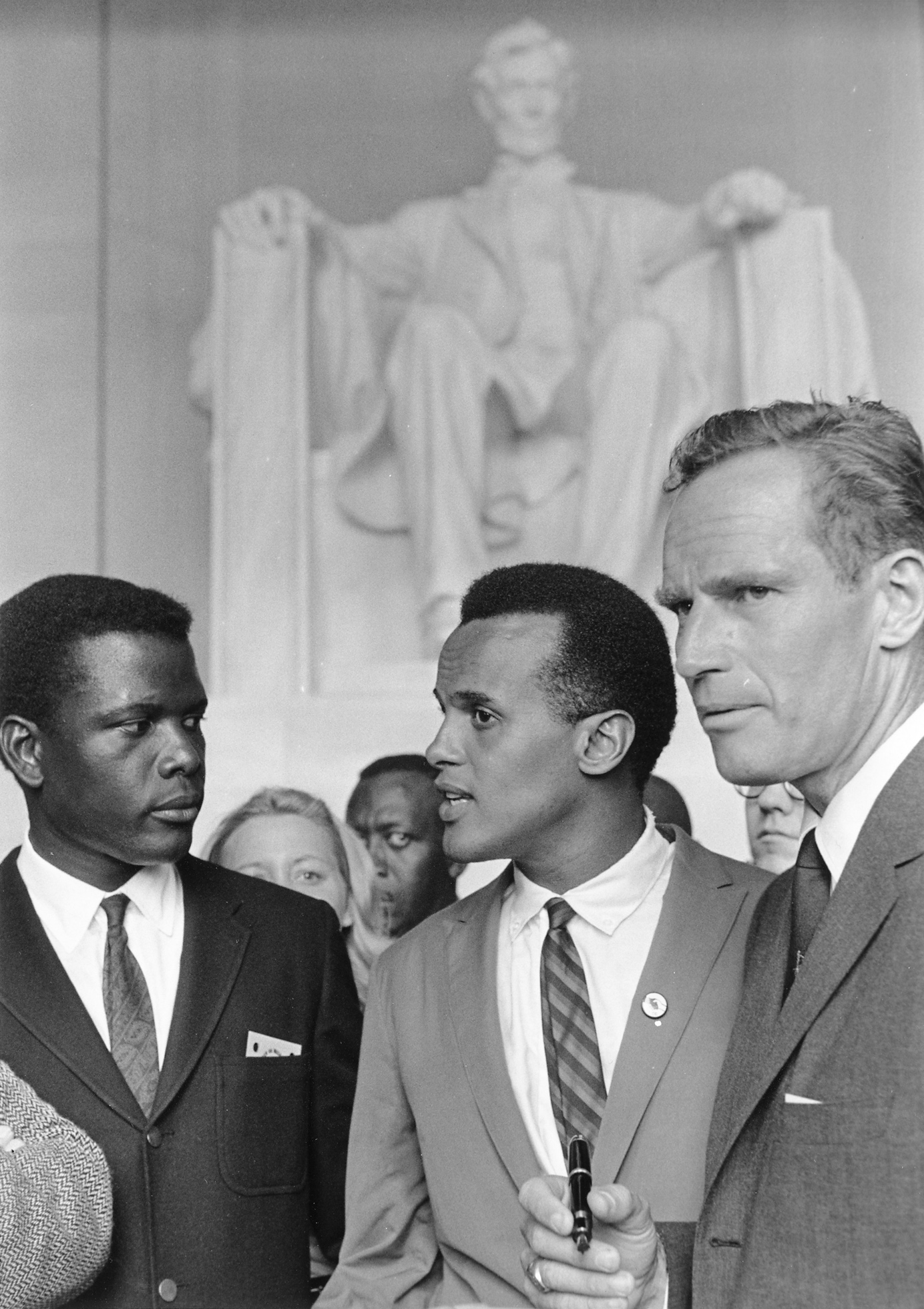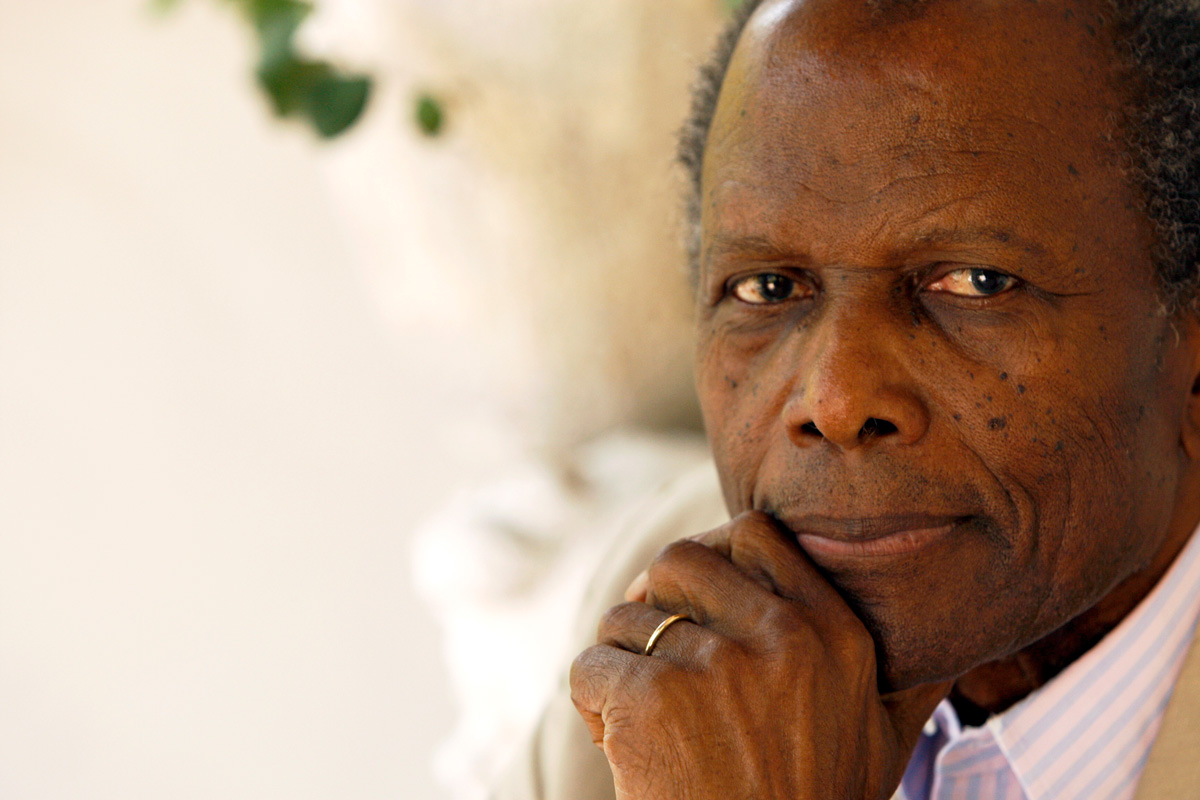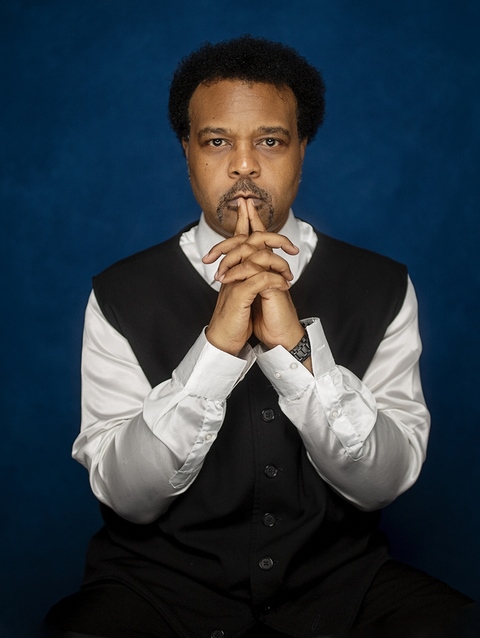Sidney Poitier was dignity personified, which allowed him to portray every type of existing Black man on American terrain that was stolen from indigenous people and worked by the children of the sun.
Everything Poitier did was a dissertation on how to become one’s best self—whether he is Gregory Miller in “Blackboard Jungle,” Buck from “Buck and the Preacher,” Noah Cullen in “The Defiant Ones,” Walter Lee Younger in “A Raisin in the Sun,” Porgy in “Porgy and Bess,” Eddie Cook in “Paris Blues,” Homer Smith in “Lilies of the Field” (one of my wife’s favorite films), Mark Thackeray in “To Sir, with Love,” Virgil Tibbs in “In the Heat of the Night,” Dr. John Wade Prentice in “Guess Who’s Coming to Dinner,” Jack Parks in “For Love of Ivy” (one of my all-time favorite films), Steve Jackson in “Uptown Saturday Night,” Clyde Williams in “Let’s Do It Again,” Manny Durrell in “A Piece of the Action” or Nelson Mandela in “Mandela and de Klerk.”
Coupled with his socio-political activism and humanitarianism, Poitier’s entire life was a masterclass in nobility and self-respect. He even visited Jackson, Miss., many times—once in 1994 with Harry Belafonte as guests of noted civil rights icon Bob Moses to work with the Algebra Project.
While perfecting his craft as an actor, Poitier also became a brilliant director with “Stir Crazy” starring Richard Pryor and Gene Wilder, which was the highest grossing film by a person of African descent for many years. His directing credits also include “Buck and the Preacher,” “Uptown Saturday Night,” “Let’s Do It Again,” “A Piece of the Action” and Bill Cosby’s “Ghost Day.” Additionally, he directed a little-noticed film, “Fast Forward,” whose soundtrack performed better than the film, but the film is noted for influencing the 1987 Bollywood film “Dance Dance” and the 2003 Tamil film “Boys.” So, even when Poitier’s art failed to achieve financial success, it was influencing culture across the globe.
My favorite Poitier story is about him improvising Virgil’s slap of plantation owner Mr. Endicott in “In the Heat of the Night.” In the original scene, Endicott is only supposed to slap Virgil with no retribution from Virgil. But, when the cameras rolled, Poitier instinctively slaps Larry Gates who is playing Endicott.
The director, Norman Jewison, immediately yells cut and states to Poitier, “What are you doing?!? It’s not supposed to be played that way,” to which Poitier responds: “It’s going to be played that way if I’m doing it.”

So, if you ever wondered how Gates, playing Endicott, manifests such a masterful look of astonishment and anger, now you know that Gates isn’t acting because Poitier was never supposed to return Gates’ slap with his own. But, ever the personification of dignity, Poitier understood that there was no way that he could allow Endicott, a white man, to assault Virgil, a Black man, without any retribution in America’s greatest medium of cultural influence because that would have worked to reduce the dignity of African people metaphorically and literally.
Poitier was not concerned about the paycheck he might lose from his act of artistic and political defiance; he was concerned about his art aiding in the uplift and liberation of African peoples.
Y’all can call it courage, grace under fire or being resolute. I’ll simply call it dignity, which is what Sidney Poitier was and will always be.
This MFP Voices essay does not necessarily represent the views of the Mississippi Free Press, its staff or board members. To submit an essay for the MFP Voices section, send up to 1,200 words and factcheck information to azia@mississippifreepress.org. We welcome a wide variety of viewpoints.






